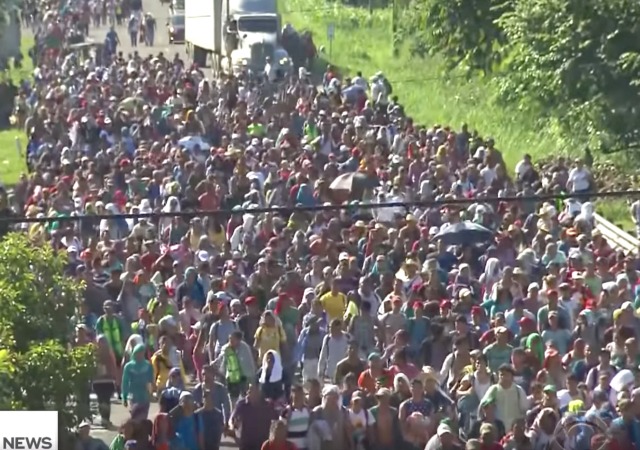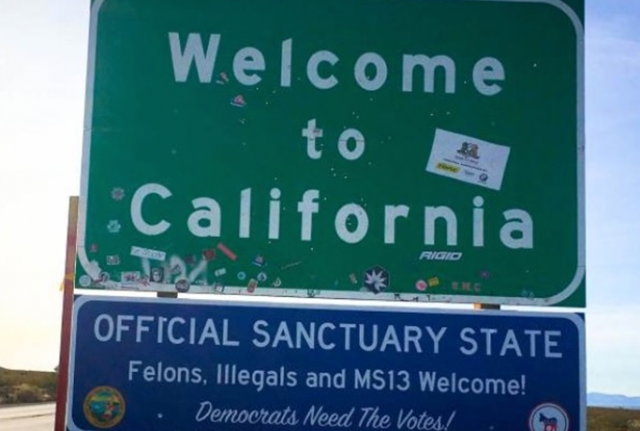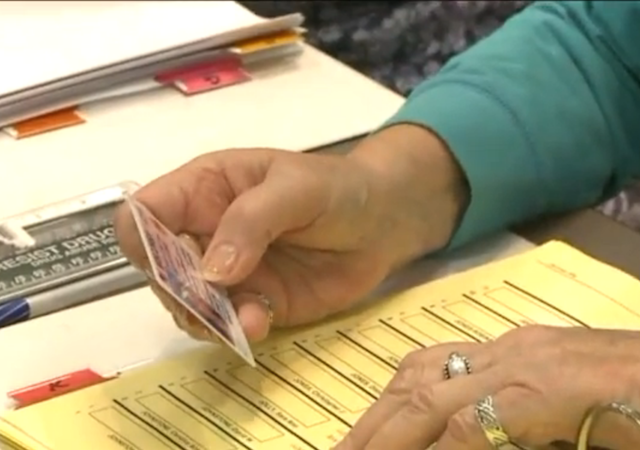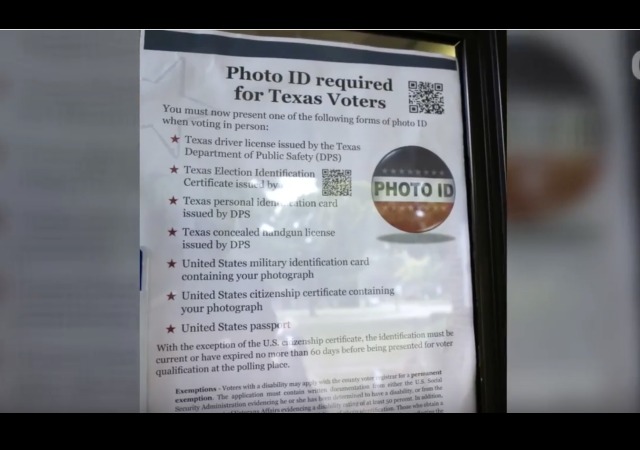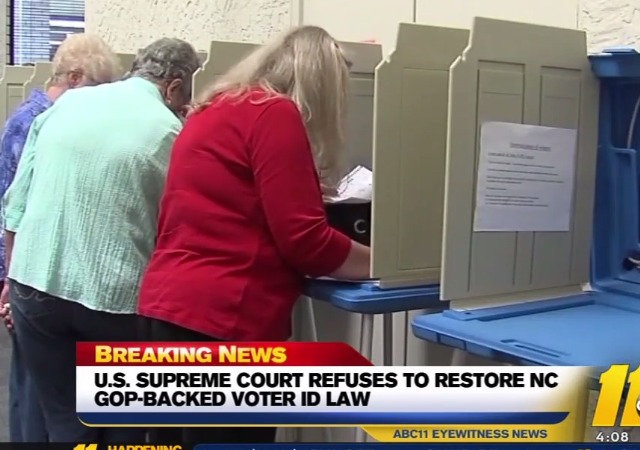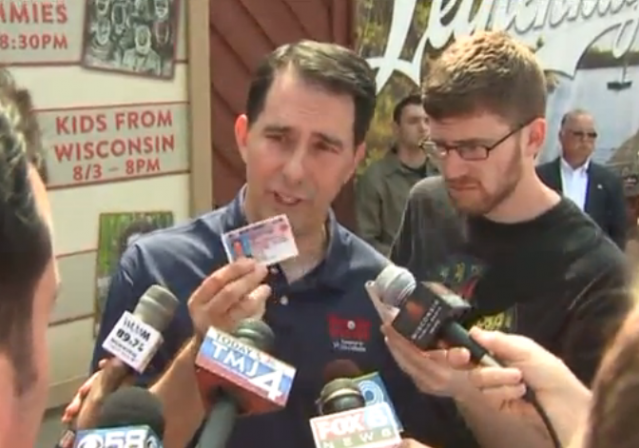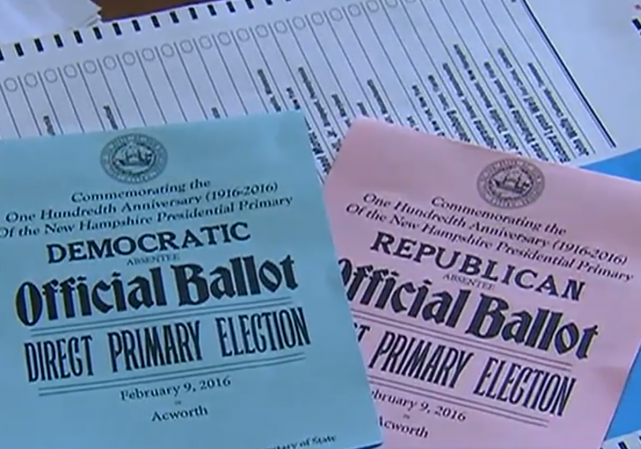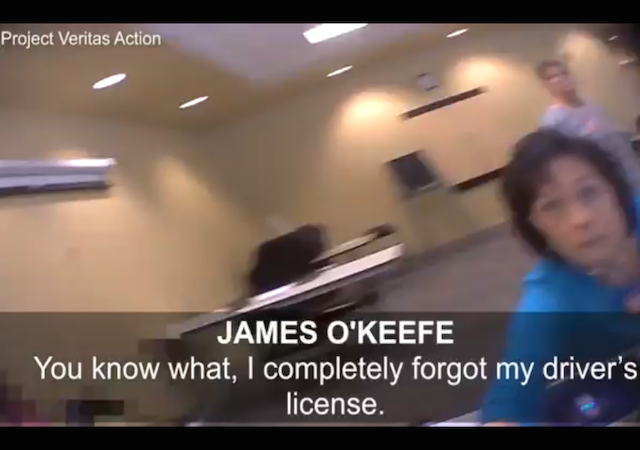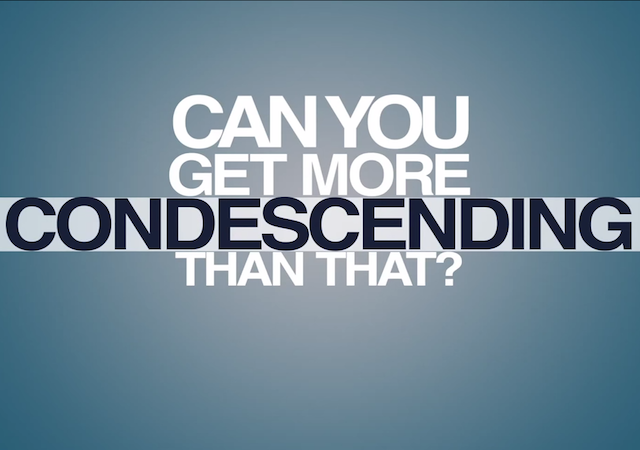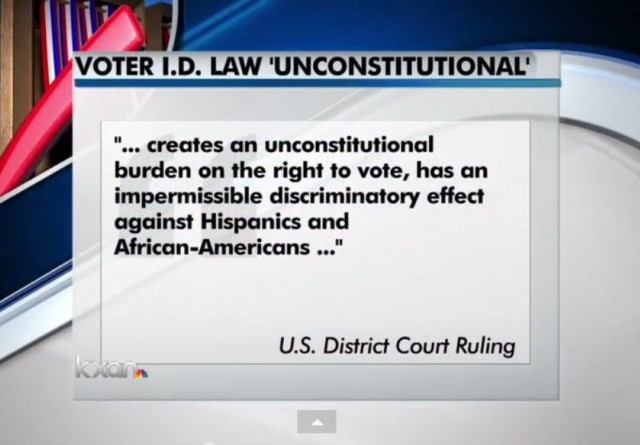Texas Estimates Some 58K Non-citizens Voted in Elections Over the Last 22 Years
on January 26, 2019
20 Comments
An evaluation conducted by the office of the Texas Secretary of State found some 95,000 non-U.S. citizens on the voter registration roles. Of those 95K, they believe more than half voted in one or more elections over the last two decades.

